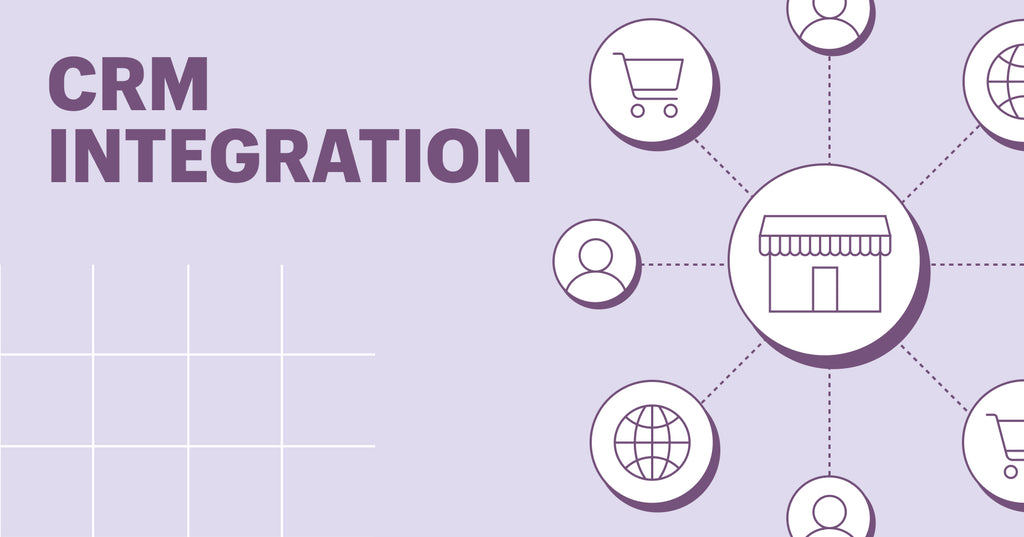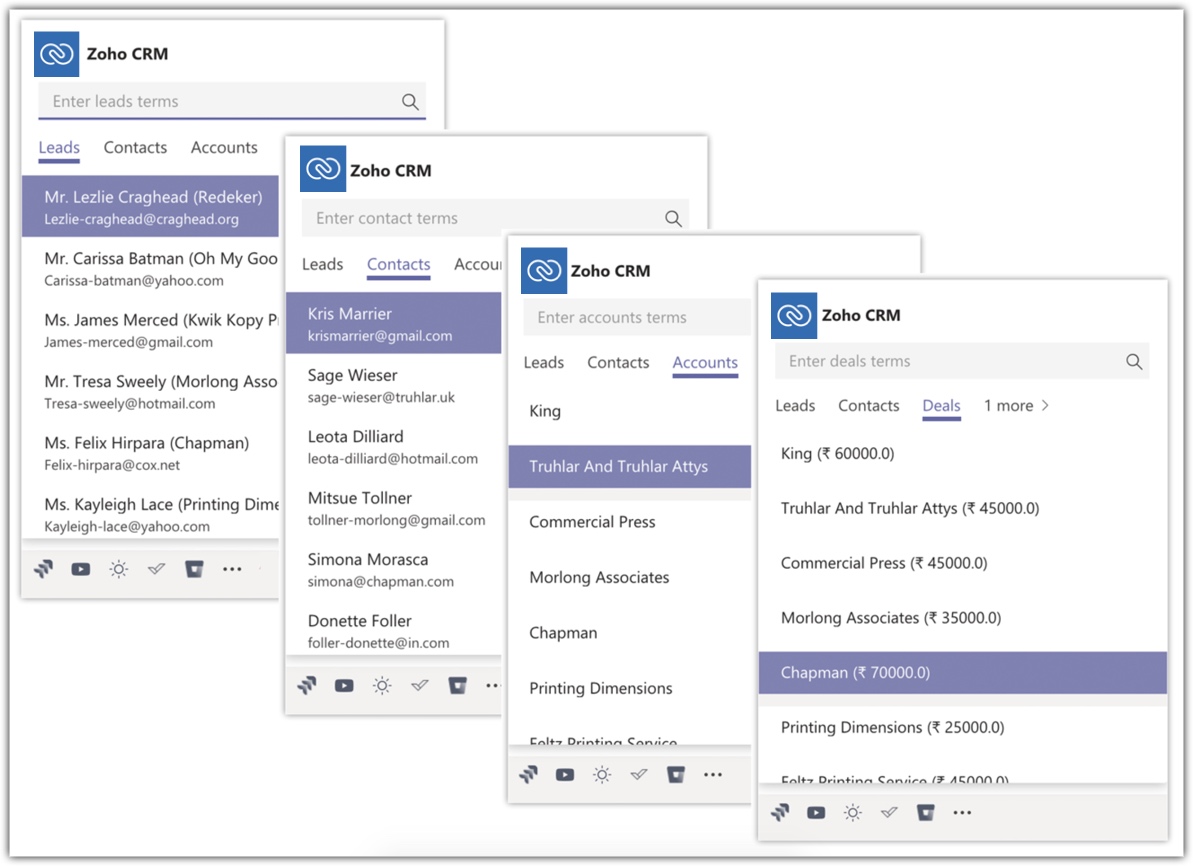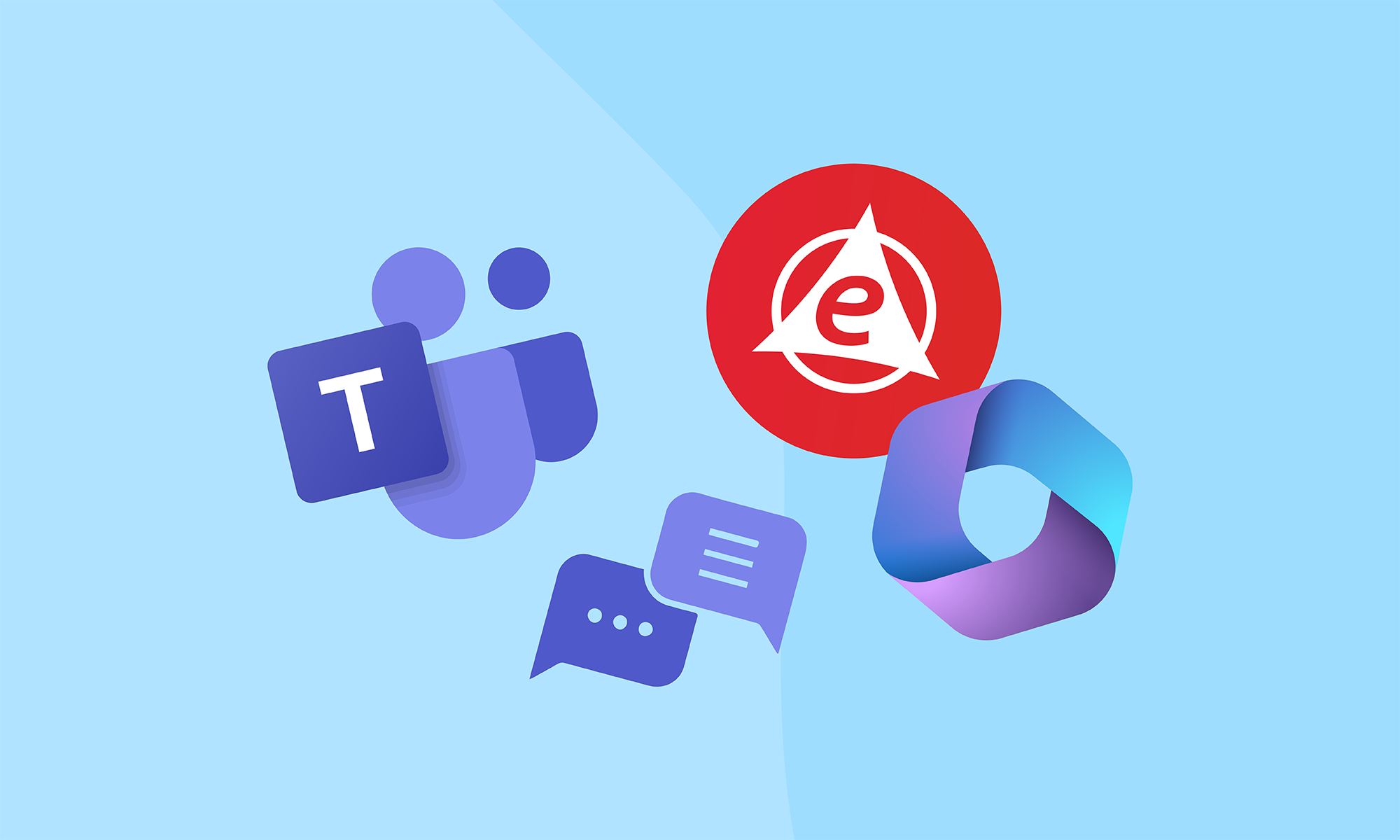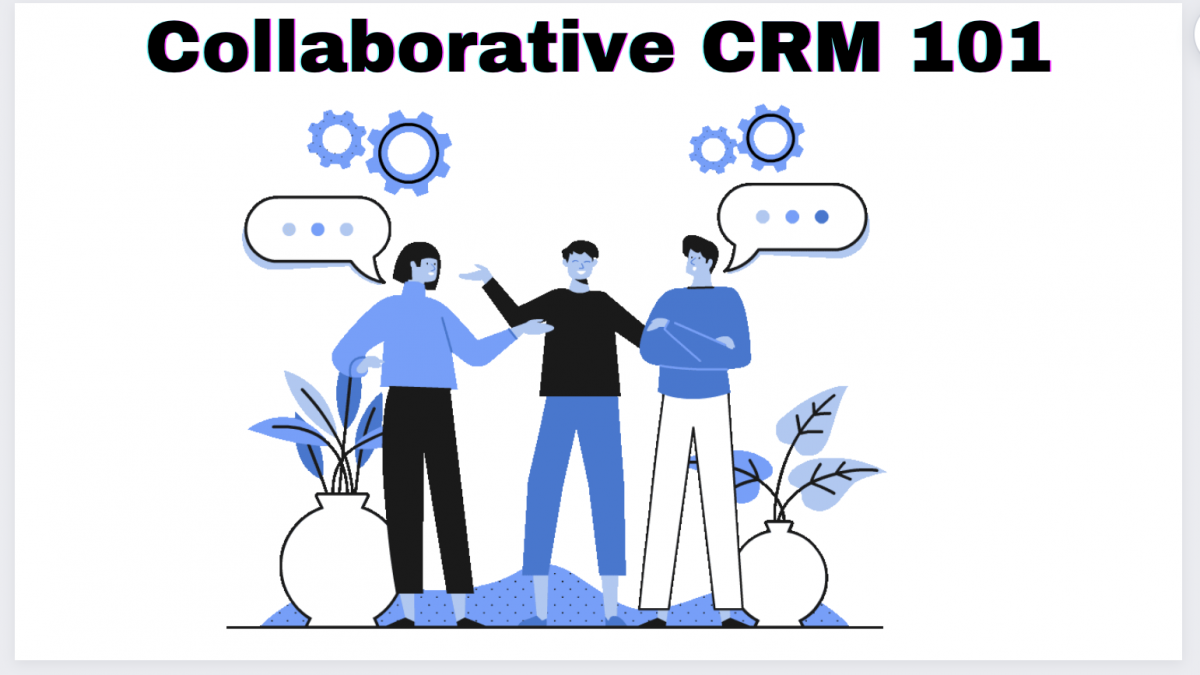Level Up Your Small Business: The Ultimate Guide to CRM Tools
Starting and running a small business is a rollercoaster. You’re juggling a million things – from product development and marketing to customer service and, of course, keeping the books balanced. In the midst of all this, it’s easy for things to slip through the cracks. That’s where a Customer Relationship Management (CRM) tool swoops in to save the day. But with so many options out there, choosing the right one can feel overwhelming. This guide will break down everything you need to know about small business CRM tools, helping you find the perfect fit to boost your business.
What is a CRM and Why Does My Small Business Need One?
Let’s start with the basics. CRM stands for Customer Relationship Management. At its core, a CRM is a system that helps you manage your interactions with current and potential customers. Think of it as a central hub for all your customer-related information. Instead of scattered spreadsheets, sticky notes, and email threads, a CRM organizes all that data in one accessible place. This includes contact information, communication history, purchase history, and even notes about their preferences.
So, why does your small business need a CRM? Here’s why:
- Improved Customer Relationships: A CRM gives you a 360-degree view of your customers. You know their needs, preferences, and past interactions, allowing you to personalize your interactions and build stronger relationships.
- Increased Sales: By tracking leads, managing the sales pipeline, and automating sales tasks, a CRM helps you close more deals and increase revenue.
- Enhanced Customer Service: CRM tools provide quick access to customer information, enabling your team to resolve issues faster and provide better support.
- Better Organization and Efficiency: CRM software streamlines your processes, eliminating manual tasks and saving you valuable time.
- Data-Driven Decisions: CRM systems provide valuable insights into your customers and sales performance, allowing you to make informed decisions about your business.
Key Features to Look for in a Small Business CRM
Not all CRM tools are created equal. The right CRM for your small business will depend on your specific needs and goals. However, there are some essential features that you should look for:
Contact Management
This is the cornerstone of any CRM. It should allow you to:
- Store and organize contact information (names, phone numbers, email addresses, etc.)
- Segment contacts based on various criteria (demographics, purchase history, lead source, etc.)
- Easily search and filter contacts.
Sales Automation
Sales automation features streamline your sales process, freeing up your team to focus on closing deals. Look for these capabilities:
- Lead management: Capture, track, and nurture leads from various sources.
- Sales pipeline management: Visualize your sales process and track the progress of deals.
- Task automation: Automate repetitive tasks like sending emails, scheduling follow-ups, and creating tasks.
- Deal tracking: Monitor the status of deals, track revenue projections, and identify potential roadblocks.
Marketing Automation
Marketing automation helps you automate your marketing efforts, saving you time and resources. Key features include:
- Email marketing: Create and send targeted email campaigns.
- Lead nurturing: Automate email sequences to nurture leads through the sales funnel.
- Marketing analytics: Track the performance of your marketing campaigns.
- Social media integration: Manage your social media presence and engage with your audience.
Customer Service Tools
CRM tools with customer service features can improve customer satisfaction. Look for:
- Ticket management: Track and manage customer support requests.
- Knowledge base: Create a library of helpful articles and FAQs.
- Live chat: Provide real-time support to your customers.
Reporting and Analytics
Reporting and analytics provide valuable insights into your business performance. You should be able to:
- Generate reports on sales, marketing, and customer service metrics.
- Track key performance indicators (KPIs).
- Visualize data with charts and graphs.
Integrations
A good CRM should integrate with other tools you use, such as:
- Email marketing platforms
- Accounting software
- E-commerce platforms
- Social media platforms
Mobile Accessibility
In today’s fast-paced world, you need to be able to access your CRM on the go. Make sure the CRM you choose has a mobile app or is mobile-friendly.
Top CRM Tools for Small Businesses in 2024
Now, let’s dive into some of the top CRM tools specifically designed for small businesses. I’ve selected a variety of options to suit different needs and budgets.
1. HubSpot CRM
Best for: Businesses looking for a free, all-in-one solution with robust features. It’s a fantastic starting point for small businesses.
Key Features:
- Free forever CRM with unlimited users and data storage.
- Contact management, deal tracking, and task management.
- Email marketing, live chat, and forms.
- Sales automation, including email sequences and meeting scheduling.
- Reporting and analytics.
- Integrations with popular apps like Gmail, Outlook, and Slack.
Pros:
- Completely free, with powerful features.
- User-friendly interface.
- Excellent for lead generation and nurturing.
- Extensive integrations.
Cons:
- Limited features in the free version.
- More advanced features require paid upgrades.
2. Zoho CRM
Best for: Businesses seeking a feature-rich, customizable CRM with a focus on sales and marketing automation.
Key Features:
- Contact management, lead management, and deal management.
- Sales automation, including workflow automation and scoring.
- Marketing automation, including email marketing and social media integration.
- Customer service tools, including ticket management and live chat.
- Reporting and analytics.
- Integrations with a wide range of apps.
Pros:
- Highly customizable.
- Comprehensive feature set.
- Scalable for growing businesses.
- Affordable pricing plans.
Cons:
- Can be overwhelming for beginners due to the extensive features.
- The user interface can be a bit clunky.
3. Pipedrive
Best for: Sales-focused businesses looking for a simple, visually appealing CRM with a strong emphasis on pipeline management.
Key Features:
- Visual sales pipeline management.
- Contact management and deal tracking.
- Sales automation, including email tracking and scheduling.
- Reporting and analytics.
- Integrations with popular apps.
Pros:
- User-friendly interface.
- Easy to visualize and manage the sales pipeline.
- Focus on sales productivity.
- Excellent mobile app.
Cons:
- Limited marketing automation features.
- Less customizable than some other options.
4. Freshsales
Best for: Businesses looking for a modern, intuitive CRM with built-in phone, email, and chat functionality.
Key Features:
- Contact management, lead management, and deal management.
- Sales automation, including workflow automation and lead scoring.
- Built-in phone, email, and chat.
- Reporting and analytics.
- Integrations with other Freshworks products.
Pros:
- Modern and intuitive interface.
- Built-in communication tools.
- Excellent customer support.
- Affordable pricing.
Cons:
- Can be less customizable than some other options.
- Limited integrations compared to some competitors.
5. Agile CRM
Best for: Small businesses looking for an all-in-one CRM with sales, marketing, and customer service capabilities, offering a free plan.
Key Features:
- Contact management and deal tracking.
- Sales automation, including lead scoring and email tracking.
- Marketing automation, including email marketing and landing pages.
- Customer service tools, including helpdesk and live chat.
- Reporting and analytics.
- Integrations with various apps.
Pros:
- All-in-one solution with sales, marketing, and customer service features.
- Free plan available.
- User-friendly interface.
- Competitive pricing.
Cons:
- The free plan has limitations on features and storage.
- The interface can feel a bit cluttered.
How to Choose the Right CRM for Your Small Business
Now that you know what a CRM is and have seen some top options, how do you choose the right one for your business? Here’s a step-by-step guide:
1. Assess Your Needs
Before you start looking at CRM tools, take some time to assess your business needs. Consider these questions:
- What are your primary goals for implementing a CRM? (e.g., increase sales, improve customer service, streamline marketing)
- What are your current pain points in managing customer relationships?
- What features are essential for your business? (e.g., sales automation, marketing automation, customer service tools)
- How many users will need access to the CRM?
- What is your budget?
2. Define Your Budget
CRM pricing varies widely, from free options to enterprise-level solutions. Determine how much you’re willing to spend per month or year. Remember to factor in the cost of implementation, training, and any add-ons you might need.
3. Research and Compare CRM Tools
Based on your needs and budget, research different CRM tools. Read reviews, compare features, and consider the following:
- Ease of use: Is the interface intuitive and user-friendly?
- Scalability: Can the CRM grow with your business?
- Integrations: Does it integrate with the other tools you use?
- Customer support: Does the vendor offer good customer support?
- Pricing: Is the pricing plan affordable and transparent?
4. Request Demos and Free Trials
Most CRM vendors offer demos and free trials. Take advantage of these to get a feel for the software and see if it’s a good fit for your business. During the demo, ask questions and test the features that are most important to you.
5. Consider Implementation and Training
Implementing a CRM can take time and effort. Consider the implementation process and whether you’ll need help from the vendor or a third-party consultant. Also, factor in the time and resources required for training your team.
6. Start Small and Iterate
Once you’ve chosen a CRM, start by implementing it gradually. Don’t try to implement everything at once. Begin with the core features and gradually add more as your team becomes comfortable with the system. Regularly evaluate your CRM usage and make adjustments as needed.
Tips for Successful CRM Implementation
Choosing the right CRM is just the first step. To ensure a successful implementation, keep these tips in mind:
- Get buy-in from your team: Involve your team in the selection and implementation process. Get their feedback and address any concerns they may have.
- Clean up your data: Before importing your data into the CRM, clean it up to ensure accuracy and consistency.
- Customize the CRM to your needs: Configure the CRM to match your business processes and workflows.
- Provide adequate training: Train your team on how to use the CRM effectively.
- Set clear goals and KPIs: Define your goals and track your progress to measure the success of your CRM implementation.
- Regularly review and optimize: Continuously review your CRM usage and make adjustments as needed to maximize its benefits.
Beyond the Basics: Advanced CRM Strategies for Small Businesses
Once you’ve mastered the basics of CRM, you can explore more advanced strategies to further enhance your customer relationships and drive business growth.
1. Segmentation and Personalization
Divide your customer base into segments based on demographics, behavior, and purchase history. Then, personalize your marketing and sales efforts to each segment. This can include sending targeted email campaigns, offering personalized product recommendations, and tailoring your customer service interactions.
2. Lead Scoring
Implement a lead scoring system to prioritize your leads based on their likelihood of converting into customers. Assign points to leads based on their actions, such as website visits, email opens, and form submissions. This will help your sales team focus on the most promising leads.
3. Sales Forecasting
Use your CRM data to forecast future sales. Analyze your sales pipeline, historical data, and market trends to predict future revenue. This will help you make informed decisions about your sales strategy, resource allocation, and financial planning.
4. Customer Journey Mapping
Map out the customer journey, from initial awareness to purchase and beyond. Identify the touchpoints where customers interact with your business and optimize each touchpoint to provide a seamless and positive experience. This includes optimizing your website, email marketing, customer service, and sales processes.
5. Integration with Social Media
Integrate your CRM with your social media platforms to track social media activity, monitor brand mentions, and engage with your audience. This will help you build brand awareness, generate leads, and provide better customer service.
6. Data-Driven Decision Making
Leverage your CRM data to make data-driven decisions about your business. Analyze your sales performance, customer behavior, and marketing campaign results to identify areas for improvement and opportunities for growth.
The Future of CRM for Small Businesses
The CRM landscape is constantly evolving. Here are some trends to watch for in the coming years:
- Artificial Intelligence (AI): AI-powered CRM tools will become more prevalent, automating tasks, providing insights, and personalizing customer interactions.
- Mobile CRM: Mobile CRM will become even more important, with more features and functionalities available on mobile devices.
- Integration with Emerging Technologies: CRM will integrate with emerging technologies like the Internet of Things (IoT) and voice assistants.
- Increased Focus on Customer Experience: CRM will play an even greater role in delivering exceptional customer experiences.
By staying informed about these trends, you can ensure that your small business CRM strategy remains relevant and effective.
Conclusion: Embrace the Power of CRM
In today’s competitive business environment, a CRM is no longer a luxury – it’s a necessity. By choosing the right CRM tool and implementing it effectively, you can improve customer relationships, increase sales, enhance customer service, and streamline your business processes. Don’t let your small business get lost in the shuffle. Embrace the power of CRM and take your business to the next level. The right CRM can be the difference between surviving and thriving.
Remember, the best CRM for you is the one that best fits your specific needs and goals. Take your time, do your research, and choose wisely. Your customers – and your bottom line – will thank you for it!





